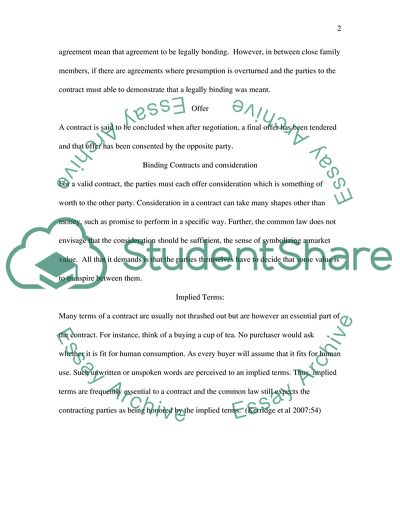Cite this document
(Australian Contract Law Research Proposal Example | Topics and Well Written Essays - 2750 words, n.d.)
Australian Contract Law Research Proposal Example | Topics and Well Written Essays - 2750 words. Retrieved from https://studentshare.org/law/1726827-australia-law-and-business
Australian Contract Law Research Proposal Example | Topics and Well Written Essays - 2750 words. Retrieved from https://studentshare.org/law/1726827-australia-law-and-business
(Australian Contract Law Research Proposal Example | Topics and Well Written Essays - 2750 Words)
Australian Contract Law Research Proposal Example | Topics and Well Written Essays - 2750 Words. https://studentshare.org/law/1726827-australia-law-and-business.
Australian Contract Law Research Proposal Example | Topics and Well Written Essays - 2750 Words. https://studentshare.org/law/1726827-australia-law-and-business.
“Australian Contract Law Research Proposal Example | Topics and Well Written Essays - 2750 Words”, n.d. https://studentshare.org/law/1726827-australia-law-and-business.


